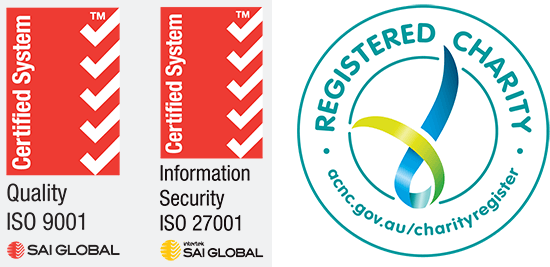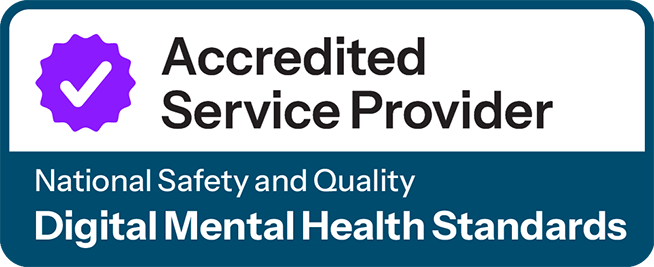Community Participation Report: 1 July to 31 December 2025
NWMPHN’s Community Participation Plan 2024-2026 outlines our approach, and how we will strive to bring about our vision of ‘a healthy people and a healthy community’. It was developed with input from our People Bank, Community Council, Expert Advisory Groups and NWMPHN staff. This six-month report, for 1 July to 31 December 2025, provides an overview … Continued





